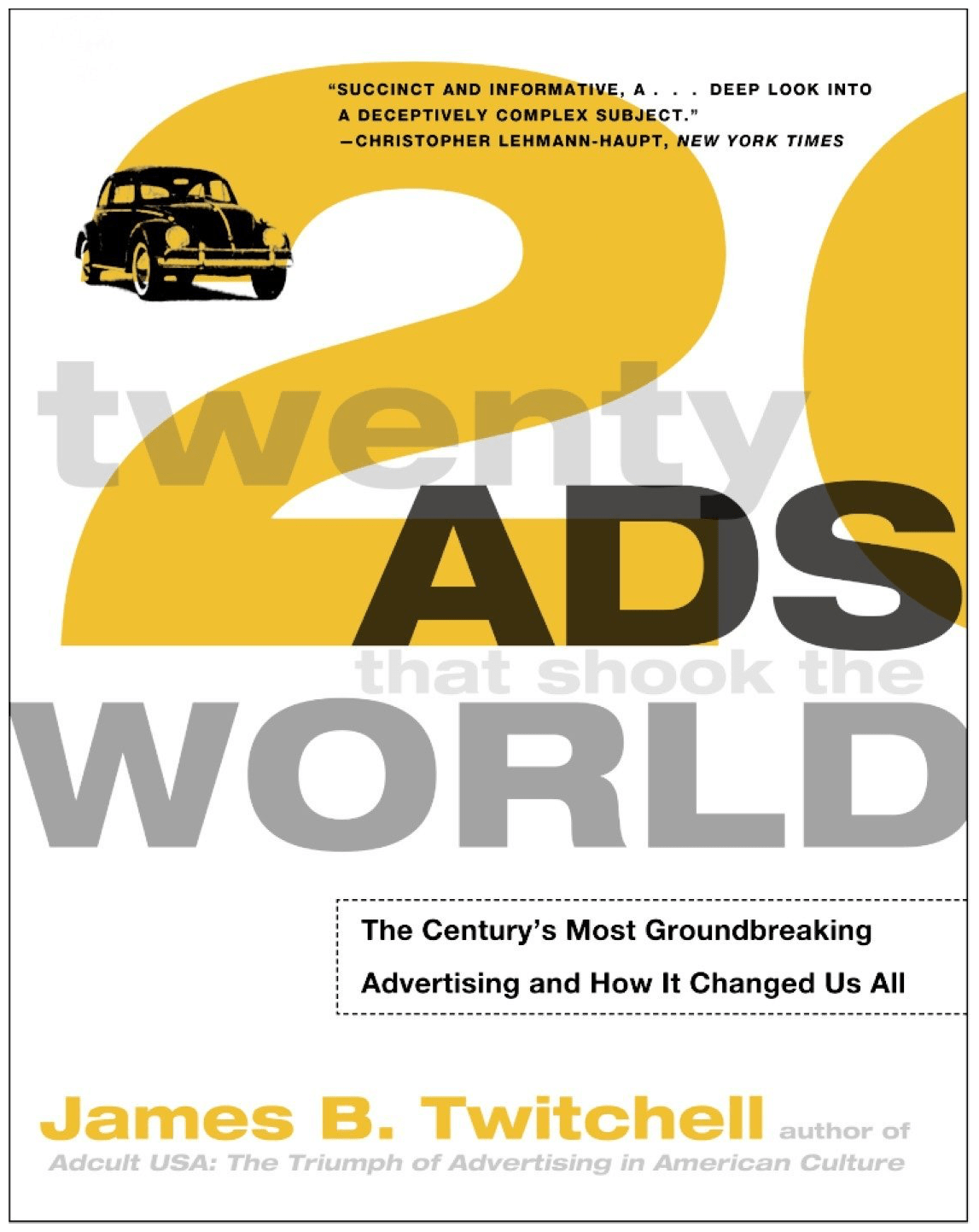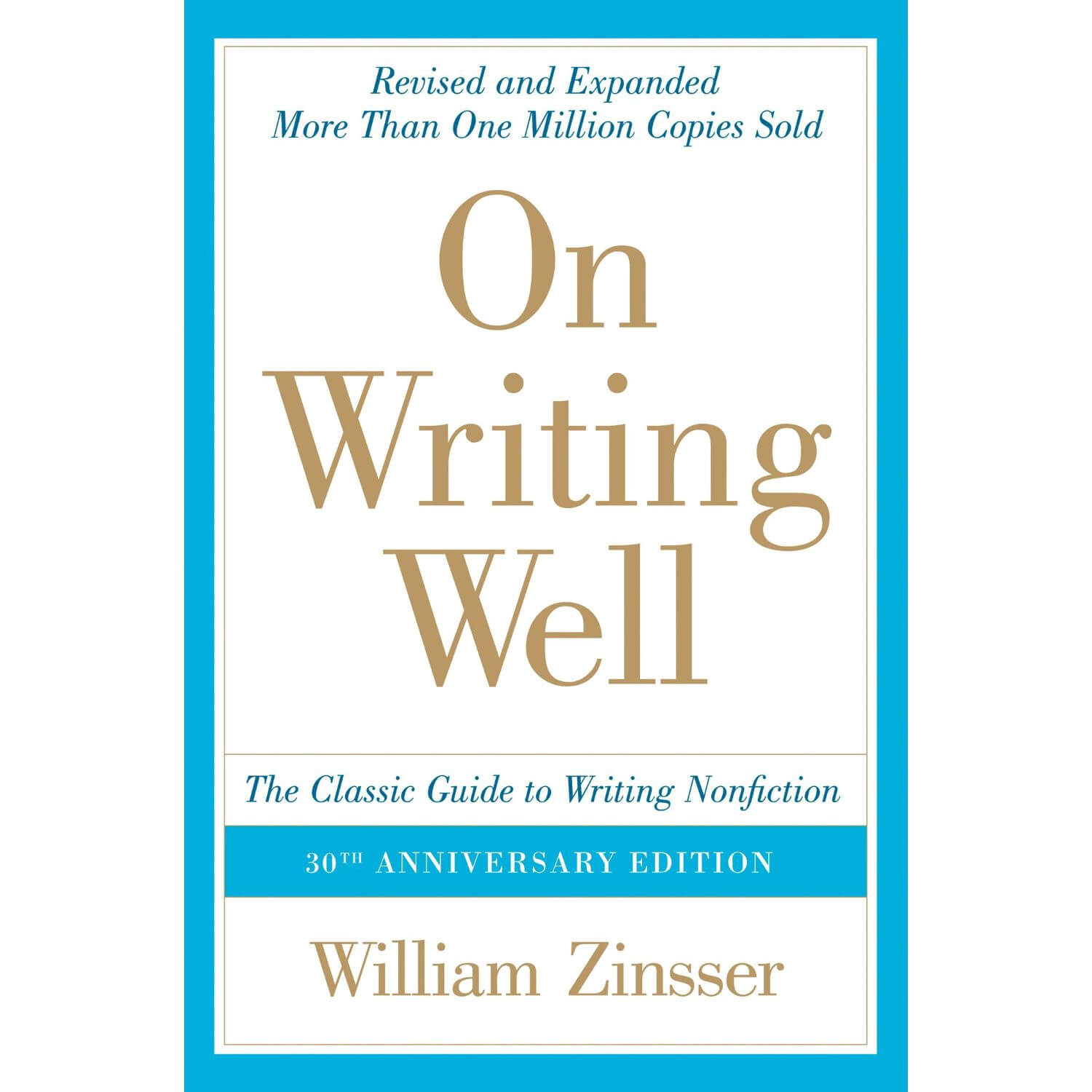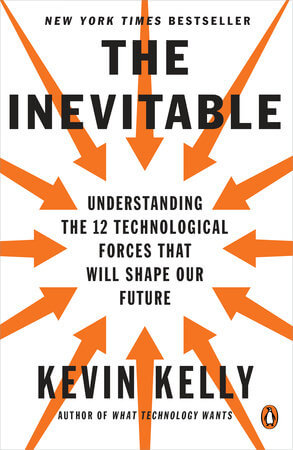5 books every marketer should read in 2019
The Intercom marketing team is made up of a diverse group of individuals with distinct backgrounds and perspectives that inform our work. One of the attributes that we all share, however, is an unwavering intellectual curiosity.
We’re a team of lifelong learners, always gathering the perspectives of others to help inform the way we go about our daily work. Between our staff book club, office library and the constant stream of books and articles being recommended and shared, the Intercom team is a pretty good resource when it comes to discovering new and interesting reads.
That’s why we have put together our first ever Intercom reading guide for 2019. We asked five Intercomrades to tell us about a book they have read that has had an impact on them.
Fittingly, the team’s selections crossed a range of publish dates, subjects and structures; from 1970’s era technical guidance on improving one’s own writing, to the latest and best thinking from the team at Google Ventures on how to make more time for what’s meaningful in your life.
We hope this collection of reads that moved us has the same effect on you and that in 2019 you find some nugget of wisdom here that meaningfully influences your thinking, your work or simply how you spend your time.
1. “The Inevitable” by Kevin Kelly
When it comes to Silicon Valley media titans, few are as accomplished as Kevin Kelly, the founding executive editor of “Wired” magazine, who’s spent the better part of the past 30 years chronicling the individuals, companies and trends that have had a hand in shaping what we now refer to as simply “tech”.
In 2017, Kelly published his fourth book, ‘The Inevitable“, an optimistic and forward-looking exploration of the forces poised to shape the future of technology and its impact on our daily lives. The book is organized around 12 technological forces – some of which already feel familiar, if not ubiquitous (A.I., sharing, streaming), while others (remixing, questioning, becoming) skew a bit more abstract and conceptual.
“As an elder statesman with access, he helps to categorize and articulate what’s happening across the industry”
What makes this book especially impactful for me is Kelly’s ability to craft futuristic narratives that are simultaneously exciting and occasionally unnerving, while still grounding each big idea in its proper present-day context. It’s often so easy to get swept up in the immediacy of technology that we benefit greatly from Kelly’s perspective. As an elder statesman with access, he helps to categorize and articulate what’s happening across the industry, and in so doing, helps the reader think in bigger, more expansive terms about the massive implications of change in this era of innovation.
For anyone interested in exploring some of technology’s most impactful advancements as told by one of the industry’s pioneering and most influential voices, this is a fun, quick read that won’t disappoint.
– Jarell Cardoza, Product Marketing Manager (@jarcardoza)
2. “How Brands Grow: What Marketers Don’t Know” by Byron Sharp

This is one of those books where you realize that everything you’ve learned about marketing is wrong. At its heart, How Brands Grow argues that customers are hyper-rational, unsentimental and willing to forget your product at a moment’s notice. To counter this, a winning brand requires broad reach rather than the surgical targeting commonplace in marketing.
“Byron argues that real growth primarily comes from gaining new users through a broad reach”
Although primarily aimed at those working for “fast-moving consumer goods ” brands, many of the topics are directly applicable to those working in tech. For example, one of my favorite sections discusses how Harley-Davidson, a brand heralded by marketers for its brand communities and superfans, receives less than 10% of its overall sales revenue from these buyers. Byron argues that real growth primarily comes from gaining new users (penetration) through a broad reach rather than driving increased loyalty among a select few.
In a time when Uber have moved marketing spend into TV, Facebook into print and Netflix into outdoor, I see tech brands thinking beyond their target segments and trying similar tactics to the likes of Coca-Cola and McDonalds and branching out into “traditional” marketing channels with broad reach.
– Geoffrey Keating, Senior Editor (@geoffreykeating)
3. “20 Ads That Shook the World” by James B. Twitchell

I’ll start by acknowledging that this book is old – almost 20 years at this point – but it covers some of the 20th century’s most influential advertising campaigns with engaging and lively detail and, in doing so, provides incredible context for the world of digital advertising we live in now.
This book takes a look at the ad campaigns (and their creators) that most influenced our culture and marketplace in the past century (from P.T. Barnum’s creation of word-of-mouth marketing to Listerine’s mastery of “selling the need” and Coke’s reinvention of Santa Claus).
“It’s helpful to pause and look back at the ad campaigns that brought us here”
Each chapter is dedicated to a different campaign and dives into the strategy and set of characters involved in bringing them to life, all while tying them into a broader narrative on the impact they had on a century often defined by consumerism.
Since this book was published, the advertising landscape has evolved drastically with the introduction and growth of digital channels. However, it’s helpful to pause and look back at the campaigns that brought us here. As consumers, this book provides insight into messages that shaped our culture and expectations (such as the De Beers campaign that made engagement rings synonymous with diamonds), and as marketers, it provides insight to some of the most successful advertising campaigns ever run and a space to contextualize the work we’re doing today.
– Tom Newton, Campaigns and Acquisition Marketing Manager (@tokyotom)
4. “On Writing Well” by William Zinsser

Whether you’re writing taglines for a million-dollar ad campaign or simply emailing your teammates, the words you use and the way you write can make or break your success. Nowadays, with messaging and email becoming the norm for both team and customer communication, the importance of “good writing” is no longer just the concern of wannabe authors, but for all of us.
It’s with this in mind that Zinsser released the seventh edition of his 1976 book “On Writing Well” on its 30th anniversary. In addition to covering the underlying principles for writing anything well, the book includes in-depth advice for many specific fields like business, sports and interviews to reflect the changing way in which we communicate.
“As a marketer, my quest to improve my writing will be a lifelong one”
This edition is now 12 years old but save the odd outdated reference – Zinsser bemoans “modern” distractions like VCRs and Blackberries for ruining attention spans – the advice is still just as relevant today.
As a marketer, my quest to improve my writing will be a lifelong one. So far, this book has been the most impactful and enjoyable resource I’ve found, due to its warm tone and tangible takeaways. As you might expect, it’s incredibly well written, littered with entertaining anecdotes and solid examples, making it a breeze to read even for those of us who usually find “business books” a struggle. It’s a must read for anyone who ever writes – so, pretty much everyone.
– Jasmine Jaume, Group Product Marketing Manager (@tales_of_cake)
5. “Make Time” by Jake Knapp and John Zeratsky

“So much to do, so little time” is a running theme in my life. I’ve read books on improving your productivity, attended talks on streamlining your calendar, and tested out techniques for making your day more efficient – and somehow everything I tried just made my life feel more frantic and less fulfilling. When Inside Intercom published a podcast episode entitled “Jake Knapp on making time for your most important work”, I decided to tune in during my commute but expected more of the same.
I could not have been more wrong. After listening to the podcast, I immediately bought Knapp’s book “Make Time”, written with John Zeratsky, and finished it in one day. “Make Time” is not about doing things faster or fitting more things into your day; it’s about creating time to focus on the things that are most important to you.
“The core idea of the book is to focus on one ‘highlight’ every day”
The authors have spent their careers “designing time” for teams (Knapp created the Google design sprint and Zeratsky was a designer at tech companies such as YouTube and Google Ventures). In this book, they discuss how they’ve applied those principles to their own lives.
The core idea of the book is to focus on one “highlight” every day – whether it’s wrapping up an urgent project at work, kickstarting an initiative you’re excited about, or spending time with your family. The authors outline 80+ tactics for identifying your highlight, making time for it, and staying energized throughout your day. I’ve been trying out each of the tactics – some of my favorites so far are the Burner List, Skip the Morning Check-In and Pound the Pavement – and I’ve found that on the days I succeed in making time for my highlight I feel more content, present and energized. “Make Time” is a worthwhile read for anyone who is tired of the rat race and ready to take control of their time.
– Ashley Hanson, Product Marketing Manager (@AshleyMLohmann)








